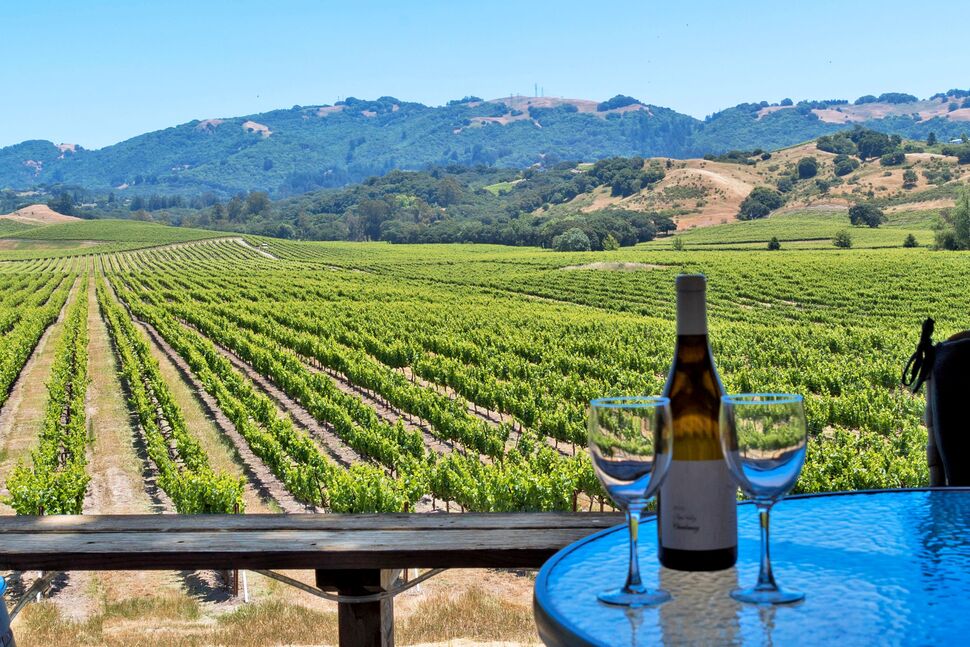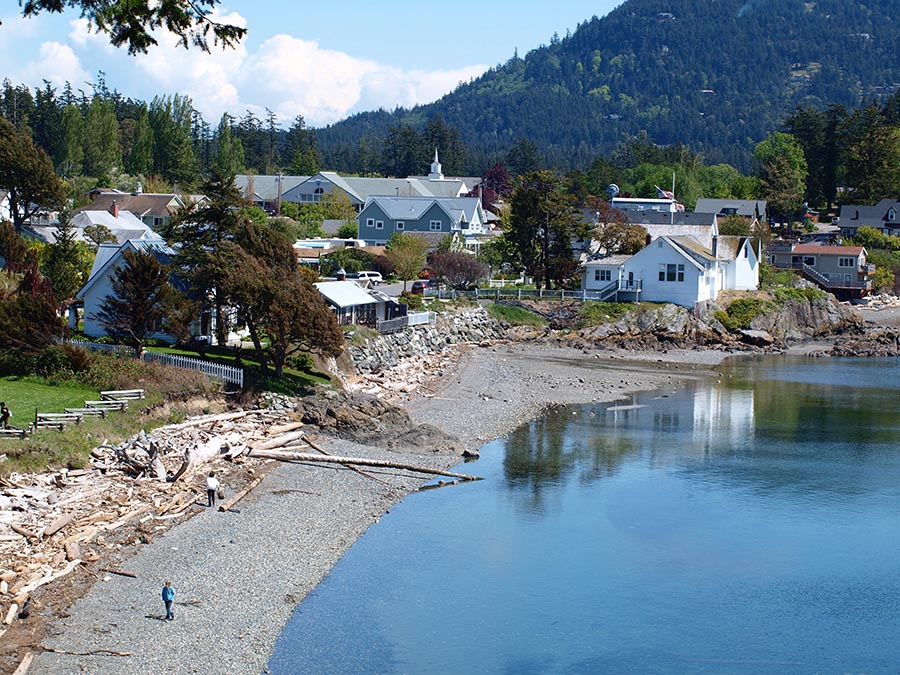
Coachella Valley, Calif. – One Total VR Phaseout, And A Possible Second
In the ongoing vacation-rental battle of the Coachella Valley, once-sleepy Cathedral City has launched a new salvo: The city will no longer issue permits for short-term vacation rentals in single-family and multi-family residential zones.
The moratorium is part of the city’s move to phase out short-term vacation rentals by 2023. This now includes permits for STRs in residential zones even within HOAs, which were previously exempted.
The upshot: Cathedral City requires valid permits to operate short-term rentals, but no longer issues permits, will not issue renewal permits past 2023 and will not allow properties to be used for short-term rentals beyond 2023. So that’s that.
Meanwhile, a group of residents in neighboring La Quinta has launched a petition drive to get a measure on the November ballot asking residents whether the city should phase out short-term vacation rental properties in residential neighborhoods by Dec. 31, 2024. While over in nearby Rancho Mirage, a county judge admonished the city for jumping the gun on its latest vacation-rental crackdown. The judge made it clear that the city must continue granting permits to plaintiffs in a lawsuit over the November 2021 short-term-rental ban. Next up: overturning the ban on appeal, or resolving the current lawsuit, both TBD.

Sonoma, Calif. – Big Ordinance Changes Bubbling Up In CA Wine Country
As Northern California’s wine country reclaims its spot as one of the country’s top tourist destinations, Sonoma County is considering big changes to its short-term rental regulations. On March 17, the county will present new vacation-rental ordinance revisions for public review.
Proposed changes include:
- Providing a 24-hour complaint hotline, operated and maintained by a third-party vendor.
- Requiring vacation-rental licenses to be renewed annually, and suspending or revoking licenses for violating operating standards.
- Requiring short-term rentals to have a certified property manager who lives within 30 road miles of each rental; managers must respond to complaints within 60 minutes during the day, and 30 minutes during quiet hours (10 p.m. to 7 a.m.).
- Stronger enforcement of building codes and fire rules; prior to being issued a vacation rental license, properties will be inspected by the County fire marshal or local fire protection district for compliance.
- Maximum occupancy limit of 12 guests regardless of the size of the home (current ordinance allows up to 18 during the day and unlimited guests on specific holidays).
- Possible vacation-rental density cap set at 10% of the local housing stock in certain neighborhoods.
The Planning Commission has tentatively set April 19 to present the final revised ordinance to the Board of Supervisors. Check back on the NoiseAware blog for updates.

San Juan County, Wash. – New VR Cap Plus Stiff Fines For Noncompliance
Washington’s ruggedly picturesque San Juan Islands are in the process of balancing rent prices and resident concerns against homeowner revenue opportunities and county tax benefits. The latest move in the balancing act: a cap on vacation rentals in San Juan County at 650 for five years (that’s number of currently compliant VRs in the county).
On Orcas Island, home of the county’s highest number of vacation rentals, a 2021 moratorium prevents vacation-rental permits from being issued in “urban growth” areas on the island. Illegally advertising an unpermitted vacation rental can result in a $2,300 fine.
The county suggests that the cap is not necessarily a permanent or exclusive solution. Instead, it says it’s taking a preemptive, precautionary approach when it comes to vacation rentals. Its stated list of research findings includes:
- Vacation rental guests are not around long enough to establish relationships capable of building community.
- Vacation rentals are the fastest growing sector of transient accommodations in the county, since the growth of hotels, campgrounds and resorts are curtailed by existing land use regulations.
- More vacation rentals likely means more tourists visiting the islands.
- More tourists are good for the economy, but may not be good for the environment, the county’s rural character or public welfare.
The county council will now review these findings, revise them three more times, and submit them for public review. We’ll update this story when the county makes its decision on short-term rental regulations.
Natasha Garber covers short-term-rental industry trends, news, regulations and compliance for NoiseAware. Her posts on STR property management technology, privacy-safe noise monitoring, and licensing laws can be found weekly on the NoiseAware blog.